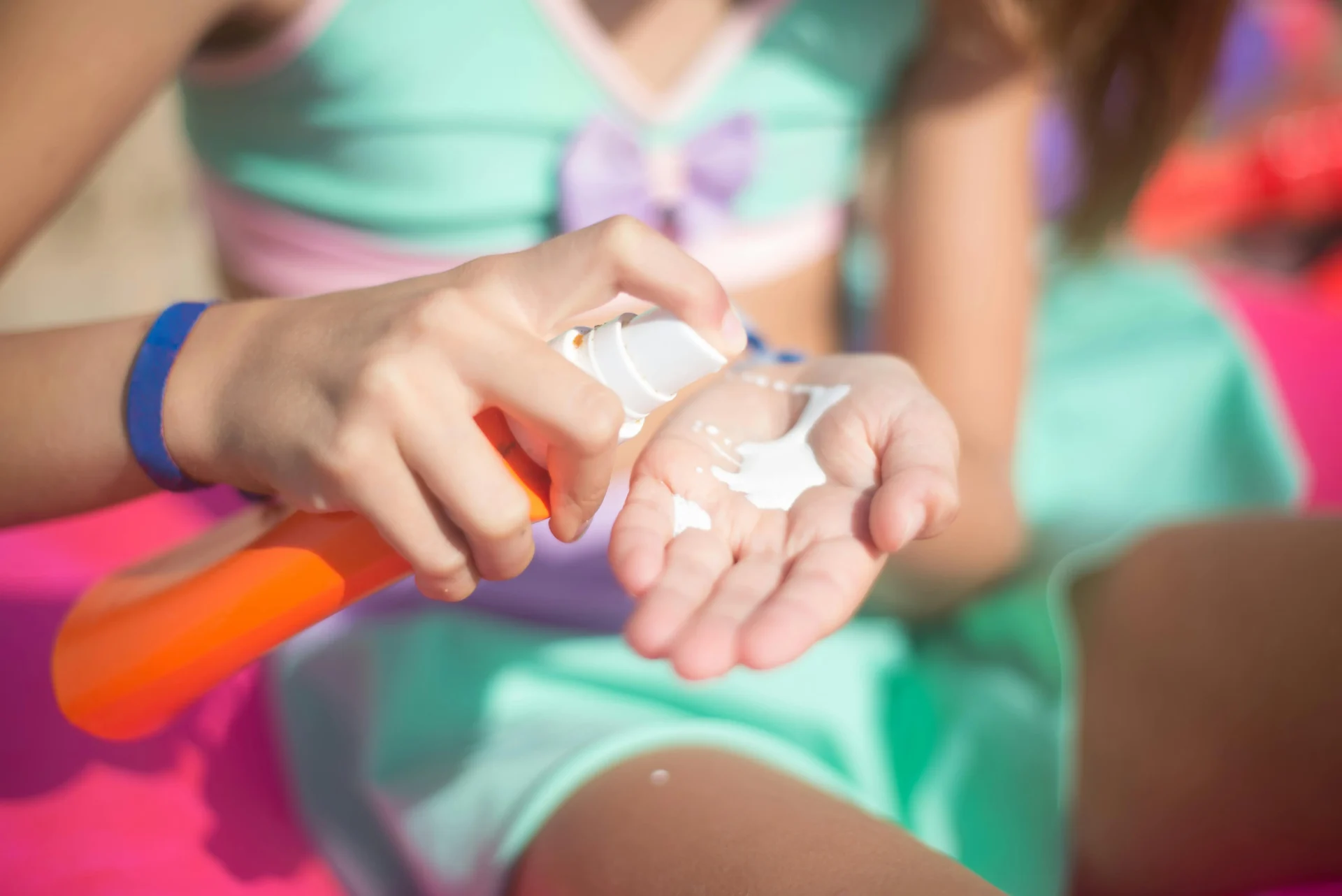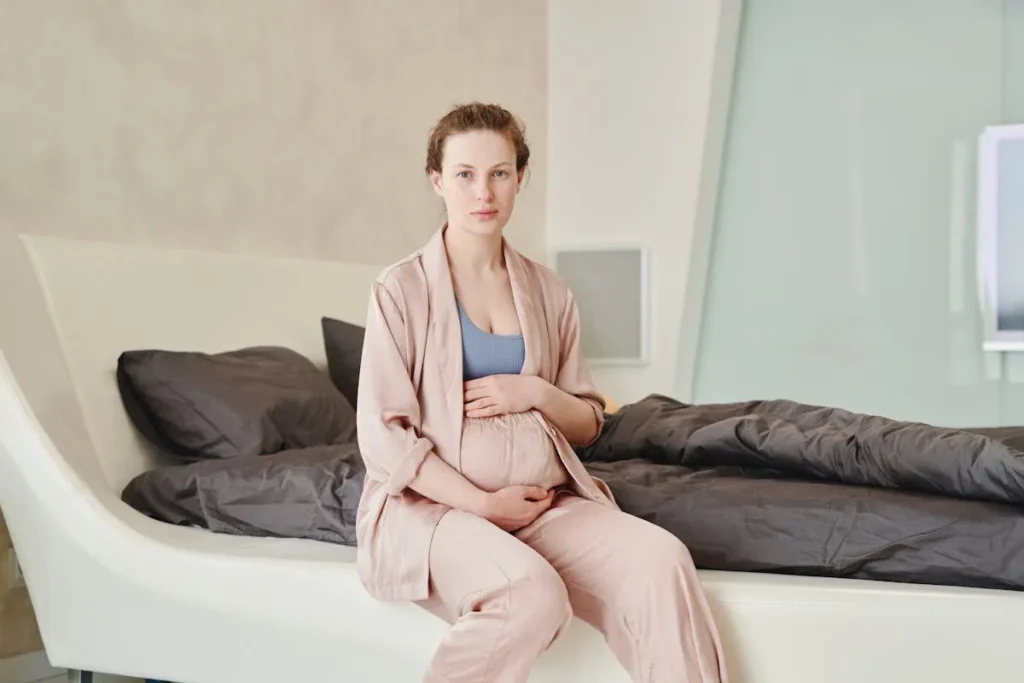
Why Sunscreen is Your Skin’s Best Friend
Sun cream isn’t just for beach days—it’s a daily defence against harmful UV rays that cause premature ageing, dark spots, and even skin cancer. Think of it as an invisible shield that keeps your skin healthy and glowing.
Whether indoors or out, SPF protection should be a non-negotiable step in your skincare routine. Plus, using sunscreen daily can boost your confidence, knowing you’re preventing long-term damage. Dermatologists recommend applying it every morning, rain or shine.
So, if you want youthful, radiant skin for years to come, make sun care a daily habit!
Table of Contents
- What Does It Mean?
- Choosing the Right Sun Cream for Your Skin Type
- Common Sunscreen Mistakes You’re Probably Making
- How to Incorporate Sunscreen into Your Daily Routine
- Debunking 5 Major Sunscreen Myths
- Best Sun Creams for Different Lifestyles
- Your Sunscreen Checklist Before Buying
- Conclusion: Sunscreen – Your Skin’s Lifetime Armour
- FAQ Section: Quick Sunscreen Answers
- Related Video | Skin Care Sun Cream
What Does It Mean?
SPF (Sun Protection Factor) measures how well a sunscreen guards against UVB rays. SPF 30 blocks 97% of UVB, while SPF 50 blocks 98%.
But no sunscreen offers 100% protection! Remember, higher SPF doesn’t mean you can skip reapplication. Also, look for broad-spectrum labels—they protect against UVA (ageing) and UVB (burning) rays. Whether you choose chemical or mineral sunscreen, consistency is key.
Always apply enough (a nickel-sized amount) for full coverage. Your skin will thank you!
Choosing the Right Sun Cream for Your Skin Type
Finding the perfect sun cream depends on your skin type. If you have oily or acne-prone skin, opt for a non-greasy, matte-finish sunscreen with labels like “oil-free” or “non-comedogenic.” Dry skin?
A moisturising sunblock with hyaluronic acid or glycerin keeps hydration locked in. Sensitive skin benefits from fragrance-free, mineral-based SPF (look for zinc oxide or titanium dioxide). And for those with combination skin, a lightweight, broad-spectrum sunscreen works best.
Always patch-test new products to avoid irritation. Remember, the right daily SPF should feel comfortable—never sticky or heavy!
Common Sunscreen Mistakes You’re Probably Making
Many people think sunscreen is only for sunny days—wrong! UV rays penetrate clouds, so daily application is a must. Another mistake? Using too little product (a pea-sized amount isn’t enough!).
Skipping neck, ears, and hands also leads to uneven protection. And don’t forget—reapplying every 2–3 hours is crucial, especially outdoors. Lastly, expired sunscreen loses effectiveness, so check those dates!
Avoid these slip-ups, and your skin will stay shielded all year long.
How to Incorporate Sunscreen into Your Daily Routine
Making sun cream a habit is easier than you think! Apply it as the final step of your morning skincare, right before makeup. If you’re rushed, try a moisturiser with SPF for a quick two-in-one solution.
Keep a travel-sized bottle in your bag for easy reapplication—especially after sweating or swimming. For makeup wearers, SPF setting sprays or powder sunscreens offer touch-ups without smudging. Pro tip: Set a phone reminder until it becomes second nature.
With these simple tweaks, daily sun protection seamlessly fits into even the busiest schedules!
Debunking 5 Major Sunscreen Myths
Myth 1: “Darker skin doesn’t need SPF”—All skin tones risk sun damage!
Myth 2: “Makeup with SPF is enough”—You’d need 15x the usual amount for full protection.
Myth 3: “Waterproof sunscreens last all day”—They still wear off after 40–80 minutes in water.
Myth 4: “You can skip sunscreen indoors”—UVA rays sneak through windows.
Myth 5: “Higher SPF means all-day coverage”—Reapplication is key, regardless of SPF.
Stay informed to protect your skin properly!
Best Sun Creams for Different Lifestyles
Your ideal sunscreen depends on your daily activities:
- Office workers: Lightweight, non-greasy SPF 30+ (e.g., gel-based).
- Outdoor enthusiasts: Water-resistant, SPF 50+ with sweat-proof formulas.
- Makeup lovers: Tinted sunscreens or primers with SPF for seamless blending.
- Travellers: Stick sunscreens for mess-free TSA compliance.
- Minimalists: 3-in-1 moisturiser-serum-SPF hybrids.
Always check for broad-spectrum protection and skin-friendly ingredients. A little research ensures your sun care fits your life perfectly!
Your Sunscreen Checklist Before Buying
Before purchasing, ask:
- Is it broad-spectrum?
- Does the SPF suit your environment (30+ for daily use, 50+ for outdoors)?
- Is the texture compatible with your skin type?
- Are there irritants (alcohol, fragrance) if you’re sensitive?
- Does it layer well with other skincare/makeup?
Test a small amount first. Your perfect sun cream should protect and feel like a second skin!
Conclusion: Sunscreen – Your Skin’s Lifetime Armour
Think of sun cream as an investment in your skin’s future—it’s the simplest way to prevent wrinkles, dark spots, and serious damage. Whether you prefer a lightweight SPF for daily wear or a heavy-duty sunblock for outdoor adventures, consistency is key.
Remember: skin protection isn’t seasonal; it’s a year-round commitment. By choosing the right formula, avoiding common mistakes, and making SPF a non-negotiable habit, you’re gifting yourself healthier, younger-looking skin for decades to come. Start today—your future self will thank you!
References and Further Reading
This article is based on authentic medical information, researched and compiled using reliable global sources such as the World Health Organisation (WHO) and Healthline. We invite you to explore our other articles for more in-depth guidance on health-related topics, disease symptoms, nutrition, and natural remedies.
View all health-related articles here: https://healthtolife.in/health-care.
At HealthToLife, we aim to provide you with safe, research-based, and easy-to-understand information so you can live a healthier life.
FAQ Section: Quick Sunscreen Answers
Ques-1: Can I use the same sunscreen for face and body?
Ans: You can, but facial sunscreens are often lighter and non-comedogenic. Body versions may feel greasy on your face and clog pores. For best results, use separate products—especially if you have acne-prone or sensitive skin.
Ques-2: How much sunscreen should I apply?
Ans: A shot glass (1 oz) for full-body coverage, and a nickel-sized amount for the face. Most people underapply—don’t skimp!
Ques-3: Does sunscreen block vitamin D absorption?
Ans: Minimal impact! You still get vitamin D through brief daily exposure (10–15 minutes). Never skip SPF to “boost” it—skin cancer isn’t worth the risk.
Related Video | Skin Care Sun Cream
Was this article helpful?
Stay updated with the latest posts on HealthToLife—expert health tips, wellness trends, and life-changing advice you don’t want to miss. Click to explore.



